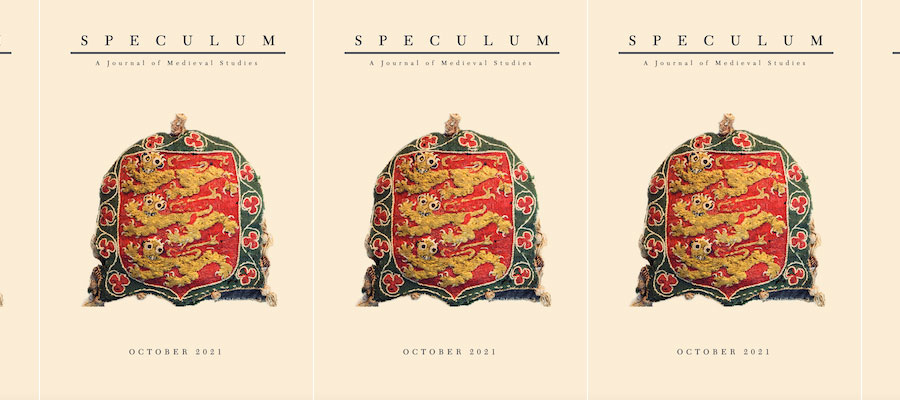Petros Bouras-Vallianatos. "Cross-cultural Transfer of Medical Knowledge in the Medieval Mediterranean: The Introduction and Dissemination of Sugar-based Potions from the Islamic World to Byzantium." Speculum, volume 96, number 4 (October 2021). Article DOI: https://doi.org/10.1086/715838
This article aims to challenge the traditional narrative about the progression of medical knowledge from Arabic to Latin by including the role of the Byzantine world in that process. It examines critically the steady diffusion of Arabic medical knowledge throughout Byzantium by focusing on the introduction and dissemination of sugar-based potions. By studying for the first time a substantial body of mostly unedited translations of Arabic medical texts into Greek and works by Byzantine medical authors, this article argues that Byzantine literature and culture were more lively than they are given credit for and that—by medieval standards—Byzantine authors were quite open to outside influence. Moreover, it emphasizes that the subsequent use of sugar in Byzantine daily medical practice constituted a significant investment in health, especially bearing in mind the high cost involved in the cultivation, production, and transportation of sugar. Finally, it points to the regular use of sugar in medical practice from the late eleventh/early twelfth century onward, at least, in Constantinople, which suggests constant importing of the commodity, despite the fact that the first source confirming the trading of sugar in the Byzantine capital dates to the first half of the fourteenth century.
